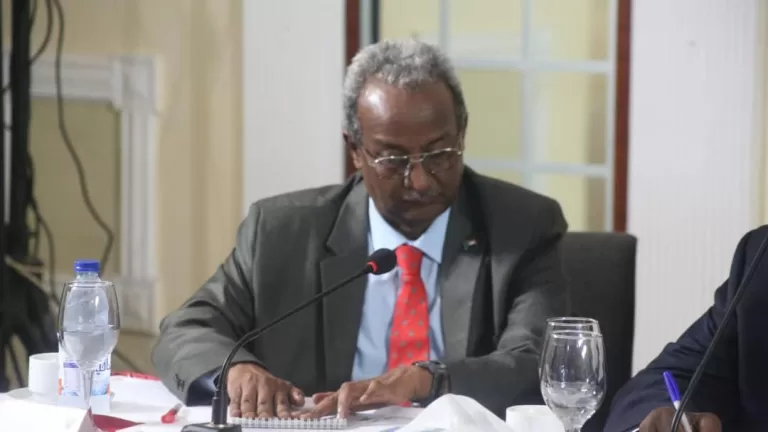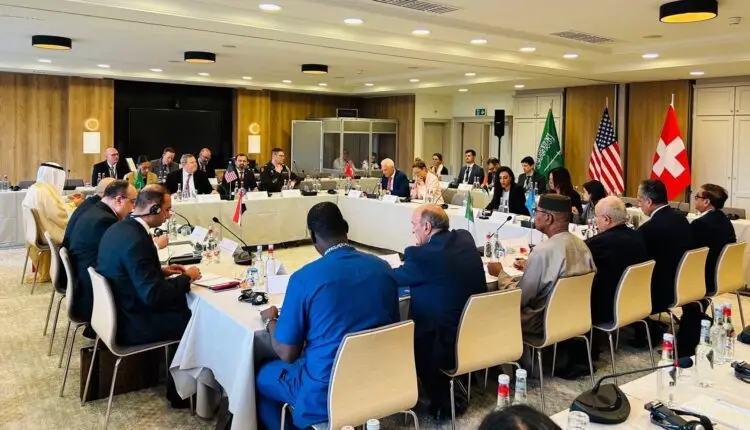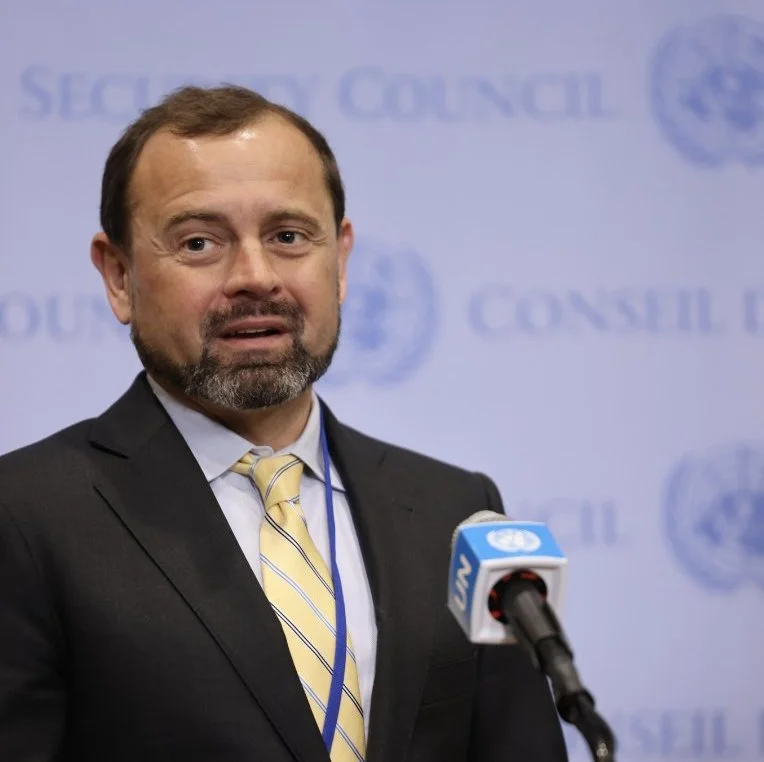Geneva Talks: Between Sudan’s Red Lines and US’s Urgency

Al-Qadarif – Sudanhorizon- Telal Ismail
The Chairman of the Sudanese Sovereignty Council, Abdel Fattah Al-Burhan, has once again set red lines before the US administration regarding the government’s participation in the peace talks, most notably the implementation of the Jeddah Agreement.
According to a statement by the Transitional Sovereignty Council, this occurred during Al-Burhan’s meeting with the Norwegian Ambassador to Sudan, Andre Stiansen, on Wednesday.
The Acting Undersecretary of the Ministry of Foreign Affairs, Ambassador Hussein Al-Amin, said that the Chairman of the Sovereignty Council praised the Norwegian Ambassador and his role in developing and advancing relations between his country and Sudan. He pointed to his appreciated contributions within the Troika group in supporting Sudan and praised Norway’s positions and communication with all Sudanese parties.

Ambassador Hussein explained that the Norwegian Ambassador expressed his country’s desire to bring the views of the Sudanese and American governments closer together in the Geneva meetings.
The head of the Sovereignty Council stressed Sudan’s keenness to engage in dialogue with the American side. Still, he stated that there are red lines that cannot be crossed regarding implementing the outcomes of the Jeddah Forum and selecting observers for any talks.
Sudan’s Reservations
On Wednesday, talks were launched in Geneva as part of the step called for by the United States of America, without the participation of the Sudanese government delegation.
In several media statements, the Sudanese government confirmed that the American delegation did not commit to pushing the rebel militia to commit to implementing the “Jeddah Declaration”, which includes a commitment to protect civilians in Sudan and is based on international humanitarian law and human rights law.
The Sudanese government also indicated the American delegation’s insistence on the United Arab Emirates’ participation as an observer in the meeting, and it did not provide any justification for establishing a new forum instead of Jeddah.

Blinken Calls Al-Burhan
But the American administration, which is awaiting the election race next November, does not want to miss an opportunity to achieve its gains in the Sudanese tragedy.
At dawn today, Thursday, the US State Department announced that its Secretary, Anthony Blinken, had spoken with the Chairman of the Sovereignty Council and Supreme Commander of the Armed Forces, Abdel Fattah Al-Burhan.
Blinken reiterated the need to participate in the ongoing peace talks in Switzerland to achieve full implementation of the Jeddah Declaration on the commitment to protect civilians in Sudan.
According to a statement by the US State Department, Blinken said, “The international community has come together to support these negotiations, hosted by Switzerland and the Kingdom of Saudi Arabia, to achieve compliance with the Jeddah Declaration, a cessation of hostilities, access to humanitarian assistance, and the establishment of a monitoring mechanism. These goals reflect the commitments contained in the Jeddah Declaration, and these talks aim to achieve its full implementation.”
Blinken stressed the urgent need for the Sudanese Armed Forces and the Rapid Support Militia to end the war and ensure humanitarian assistance reaches millions of suffering Sudanese.
Geneva Talks Continue
For his part, US Special Envoy for Sudan Tom Perriello said in a tweet on the X platform.
Wednesday: “The first day of discussions, including meetings focused on small groups with technical experts, resulted in concrete ideas for compliance and implementation of the parties’ commitments in the Jeddah Declaration. Discussions will continue tomorrow (Thursday).”

The US envoy published the text of a joint statement from the United States, Switzerland, Saudi Arabia, Egypt, the UAE, the African Union, and the United Nations, saying: “We are working hard in Switzerland on the first day of intensive diplomatic efforts to support Sudan in humanitarian access, cessation of hostilities, and compliance following previous Jeddah outcomes, other efforts, and international humanitarian law.”
Shortlink: https://sudanhorizon.com/?p=1022

